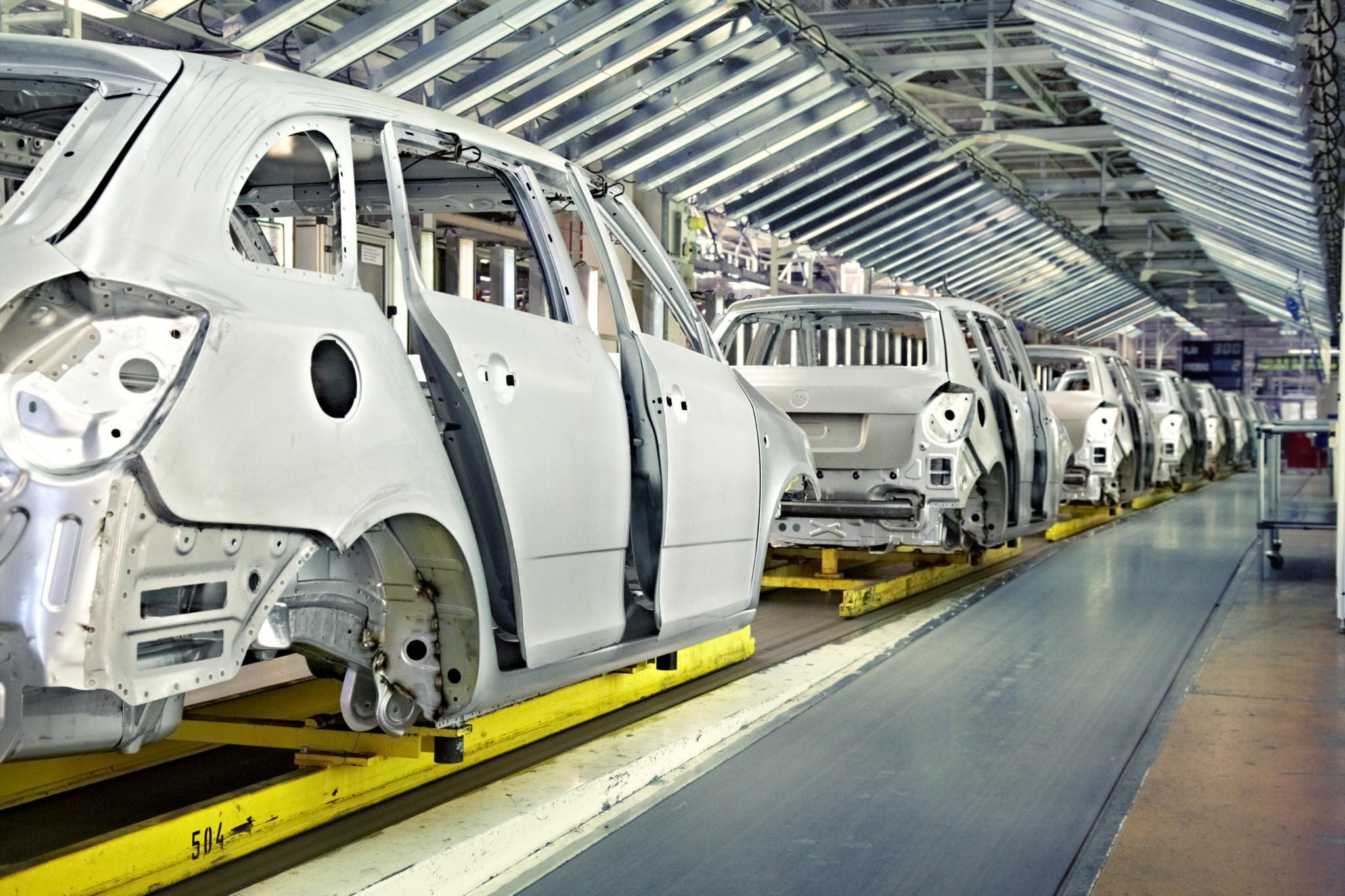At a glance
Amid global competition, the requirements for efficient production processes in industry are growing all the time. As we move from purely digitally connected infrastructures towards self-organizing products and processes, targeted use of smart technology systems will ensure long-term business success. Here there are any number of variables, levers and details to be taken into account; for many companies, these represent an important first step towards “production of the future.”
A crucial part of this is to define and digitalize the individual stages and manufacturing processes in order to make all relevant data available for downstream documentation, analysis, optimization and further steps. Smart sensing is not merely about gathering sensor data, but also then performing an immediate, application-based analysis and sorting. This allows direct, on-site feedback on the process to be given; it also means process-relevant data can be transferred at this stage, leading to more efficient data transfer and reducing the requirements for latency, data rates and data volume.

